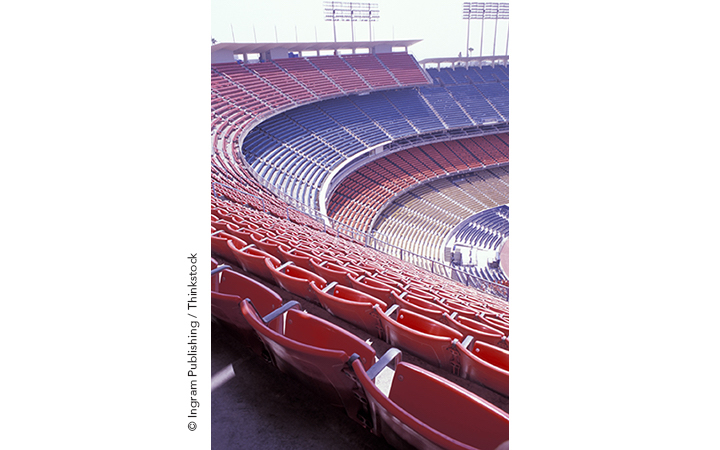Are Sports Stadiums a Catalyst for Economic Development?
Government subsidies for sports stadiums are a hot topic for cities with professional teams. Scott Wolla recently analyzed what economists have found when studying the economics of sports stadiums and discovered that most economists do not support subsidizing professional sports stadiums for the following reasons:
Even though new stadium projects can take years and add construction jobs, those jobs disappear once the stadium is built.Jobs created and tax revenue generated from new economic development in the area surrounding a stadium, such as restaurants, bars, condominiums, and office space, do not always offset the cost of the subsidy.The economic activity generated by ticket sales, restaurants, parking, and concessions sales associated with the stadium are “diverted” funds that might otherwise be spent on similar entertainment activities in the area, including museums, movies, and concerts.Most analyses supporting subsidies fail to account for opportunity costs associated with stadiums; government can choose to spend taxpayer money on many projects that have benefits for society, such as infrastructure or education, and economists tend to prefer these types of investments because of their potential to spur economic growth and increase the standard of living.
See the full analysis here.

